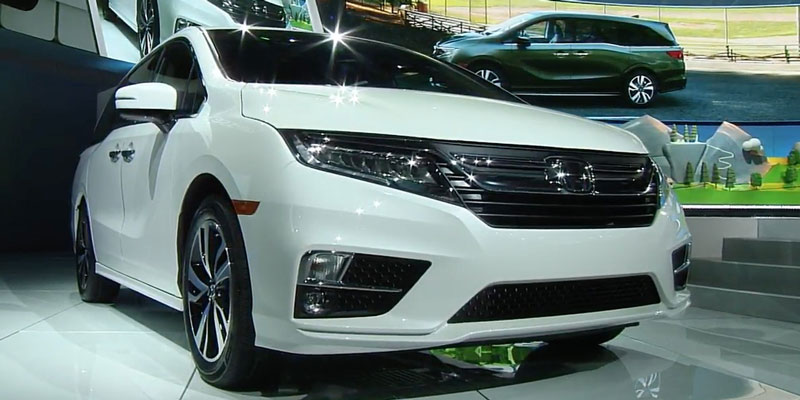It’s been a half century since segregation was the law of the land in Alabama, but according to an incredible map illustrating the racial distribution of the U.S., self-segregation is still pervasive in Alabama and around the country.
Using data from the 2010 census, Dustin Cable of the University of Virginia has created the definitive map of racial distribution in America.
Let’s start with the United States and work our way down to the local level.
[Click images to enlarge]
United States
White: blue dots; Black: green dots; Asian: red; Latino: orange; all others: brown

America’s black belt
The faint band of green running through America’s southeast shows the region where plantation agriculture once thrived. Generations later, a concentration of America’s black population still exists in the region.
White: blue dots; Black: green dots; Asian: red; Latino: orange; all others: brown

Birmingham
Whites in Birmingham have historically lived “over the mountain” to the south of the city.
White: blue dots; Black: green dots; Asian: red; Latino: orange; all others: brown

Montgomery
White: blue dots; Black: green dots; Asian: red; Latino: orange; all others: brown

Mobile
50% of Mobile’s almost 200,000 residents are black, 44% are white. Many of the area’s white residents now live on the other side of Mobile Bay.
White: blue dots; Black: green dots; Asian: red; Latino: orange; all others: brown

Huntsville
Chickasaw Indians traditionally claim to have settled the Huntsville area around 1300. Today only .5% of the city’s population is Native American and their presence is no longer readily visible on the race map. Huntsville’s hispanic population, though, is easily seen clustered together on the city’s south side.
White: blue dots; Black: green dots; Asian: red; Latino: orange; all others: brown

Tuscaloosa
Red patches on Tuscaloosa’s map show the city’s growing Asian community, which includes many residents who came into the country to attend the University of Alabama.
White: blue dots; Black: green dots; Asian: red; Latino: orange; all others: brown

Auburn
Auburn’s only densely populated areas are right around the Auburn University campus. The majority of the town’s black residents live in Auburn’s northwest quadrant.
White: blue dots; Black: green dots; Asian: red; Latino: orange; all others: brown

Other notable cities
New York City
New York City is known as the nation’s melting pot. But while people from every nation, tribe and tongue come to the Big Apple to make it their home, they tend to segregate themselves in concentrated areas with other people of similar race once they get there.
White: blue dots; Black: green dots; Asian: red; Latino: orange; all others: brown

Detroit
Detroit is one of the United States’ most racially segregated cities. 8 Mile Road, seen clearly in the center of the map below, serves as one of the country’s most starkly defined racial divides.
White: blue dots; Black: green dots; Asian: red; Latino: orange; all others: brown

Los Angeles
As you might expect, LA has a massive Hispanic population, making up almost 58% of the city’s population. Only 10% of the city’s population is black, while just under 30% is non-hispanic white.
White: blue dots; Black: green dots; Asian: red; Latino: orange; all others: brown

Washington, D.C.
Washington, D.C.’s demographic makeup is very similar to that of Mobile, AL. The majority of white residents of the D.C. metro area now live in the surrounding suburbs.
White: blue dots; Black: green dots; Asian: red; Latino: orange; all others: brown

Want to see more? Check out the interactive map.
Follow Cliff on Twitter @Cliff_Sims











